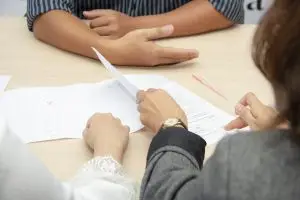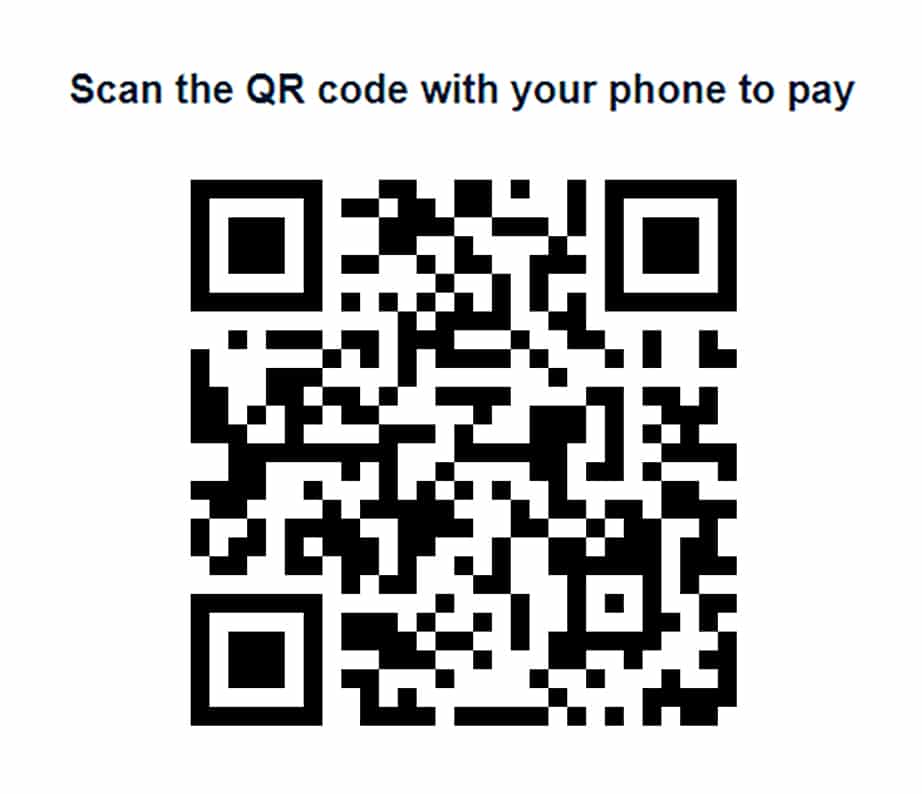UCMJ Articles

Double Jeopardy
This is called Double Jeopardy, and the answer is “Yes”. Unfortunately, this happens quite frequently. If you are charged with a crime by civilian law enforcement, not only will you face civilian charges, but you will likely face action by your Command. For example, if you receive a DUI, you will face prosecution in civilian court, which may carry a driver’s license suspension, fines, court costs, and even jail.

Non-judicial Punishment
Nonjudicial punishment (NJP) describes forms of punishment used to maintain good order and discipline in the armed forces. NJP is allowed by Article 15 of the Uniform Code of Military Justice (UCMJ). Depending on which service you are a member of, NJP is referred to by varying names.

Defending Military Sexual Assault Allegations
We had the privilege of defending a Lieutenant Colonel who was falsely accused of sexual assault. At his court-martial, our combination of independent investigation and strategic questioning of witnesses resulted in the complaining witness admitting on the stand that she did not believe she was sexually assaulted and that she was not a victim.

Article 31 Rights. Do you have the right to remain silent?
Anyone who has ever watched a crime drama on television knows that famous line that the cop tells the perp just before putting the cuffs on. Believe it or not, this line is more than some iconic “cop drama” dialog. That phrase and the rights accompanying it originate in a famous court case known as Miranda v. Arizona and are often referred to as “Miranda” warnings.


